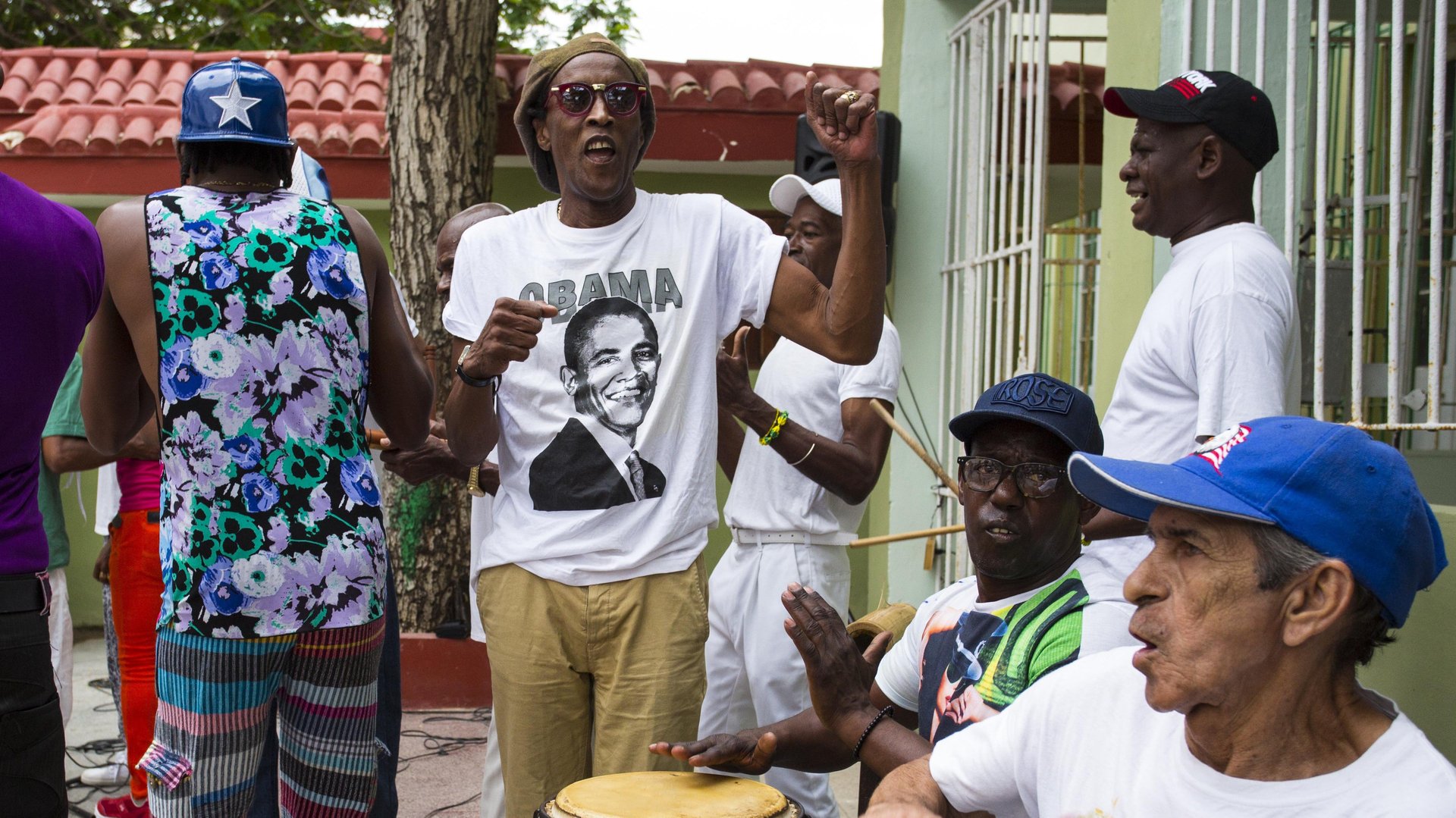The hotel race has begun in Havana as Airbnb and Starwood compete for bookings
When the United States announced it would resume full diplomatic relations with Cuba, Airbnb didn’t waste any time. The room-sharing service announced 1,000 listings in Havana and other Cuban cities in April 2015; the company now says it has 4,000 listings for guests to choose from.


When the United States announced it would resume full diplomatic relations with Cuba, Airbnb didn’t waste any time. The room-sharing service announced 1,000 listings in Havana and other Cuban cities in April 2015; the company now says it has 4,000 listings for guests to choose from.
But Airbnb is far from the only American company interested in the island country’s hospitality market. Ahead of US president Barack Obama’s first trip to Cuba, Starwood Hotels announced it, too, would be setting up shop in Havana.
Starwood Hotels received approval from the US Treasury Department’s Office of Foreign Assets Control, as well as Cuban officials, to operate in the country and has signed a deal with one of Havana’s top hotel chains to operate three hotels. In the US, Starwood’s brands include the trendy, upscale W Hotels and Westin Hotels, as well as budget option Sheraton. According to a report from Skift, Starwood will develop two luxury hotel destinations, and one more affordable option, the Four Points by Sheraton.
The news came just one day after Starwood accepted a $13.2 billion cash bid from China’s Anbang Insurance Group—over Marriott’s earlier $12.2 billion offer. According to Skift, Marriott is also likely to start doing business in Cuba.
Which makes a lot of sense: Tourism in Cuba is booming. Ever since president Obama announced he would open up relations between Cuba and the US, there has been a modest but sizable spike in American visitors to the island nation. Now, airlines operating in the US have started clamoring for approval to provide flights to Havana. The hotel market, while not yet crowded, is quickly becoming competitive, as it becomes easier for Americans to travel to Cuba without restrictions.
What is left to be see is how Airbnb and American-owned hotels will impact Cuba’s robust network for casas particulares—private family homes opened up to tourists for short-term stays. Similar to bed-and-breakfasts, they are currently go-to option for tourists, and have been a way for locals to pocket some extra income since the Cuban government allowed them in 1997.